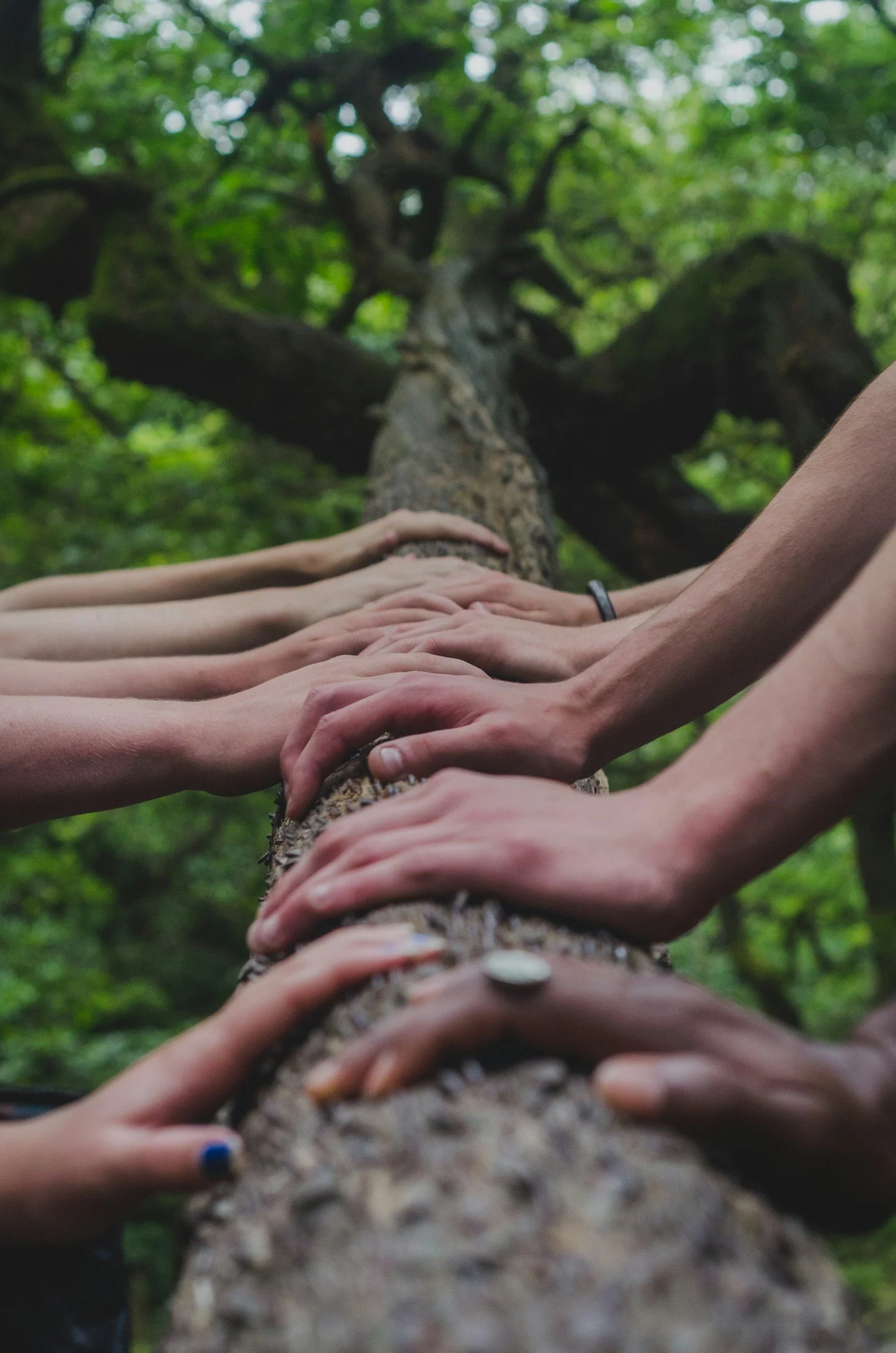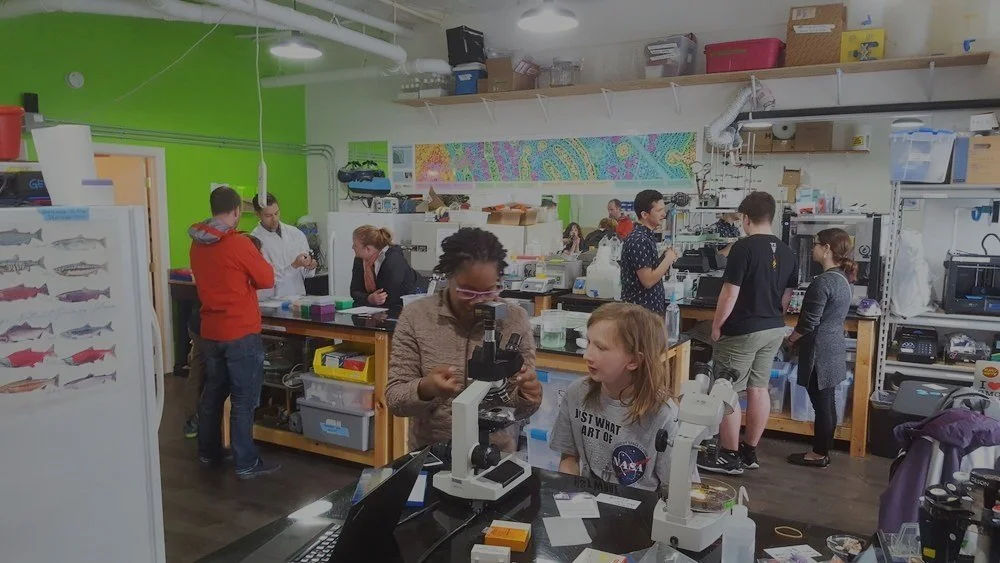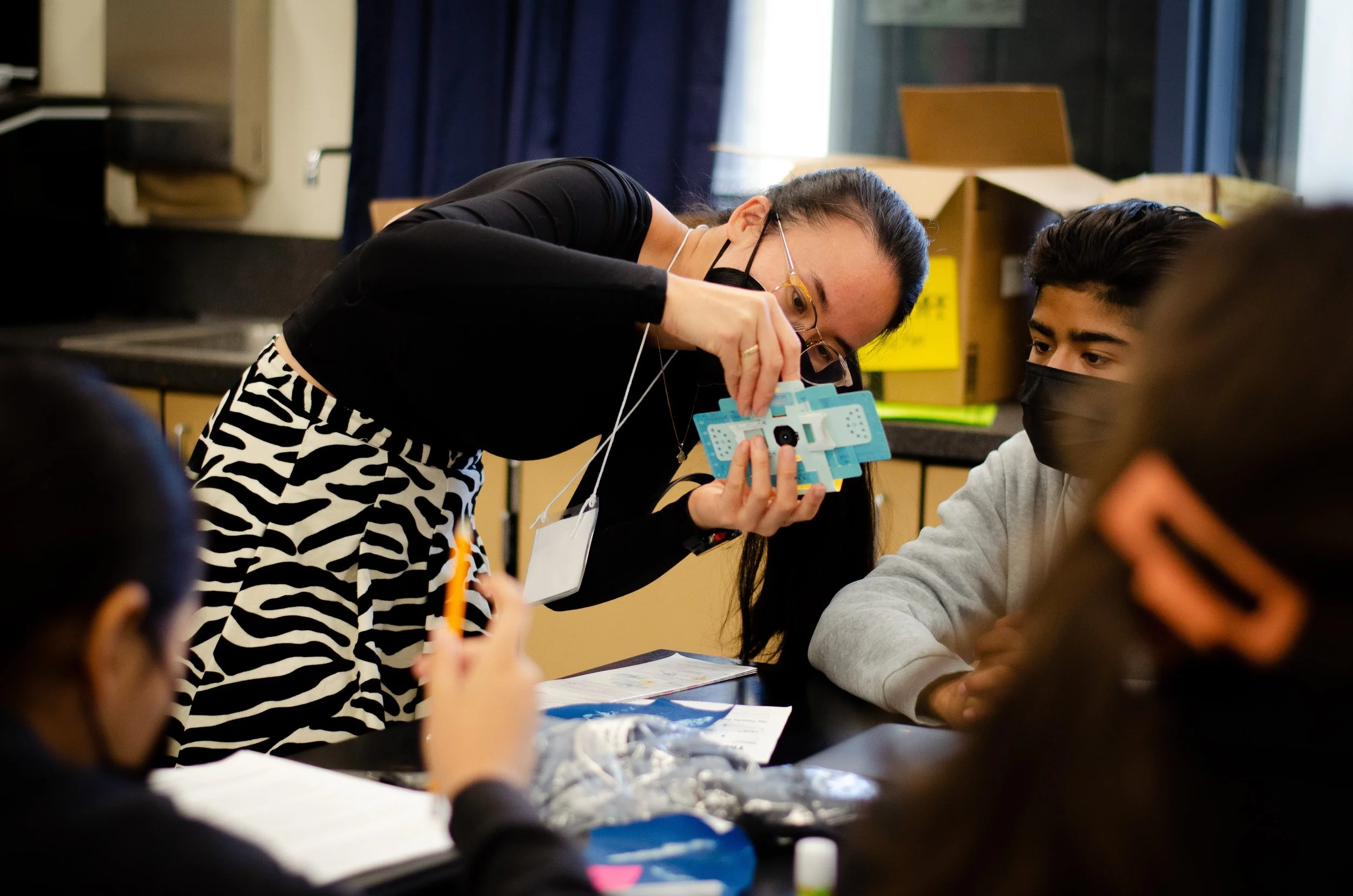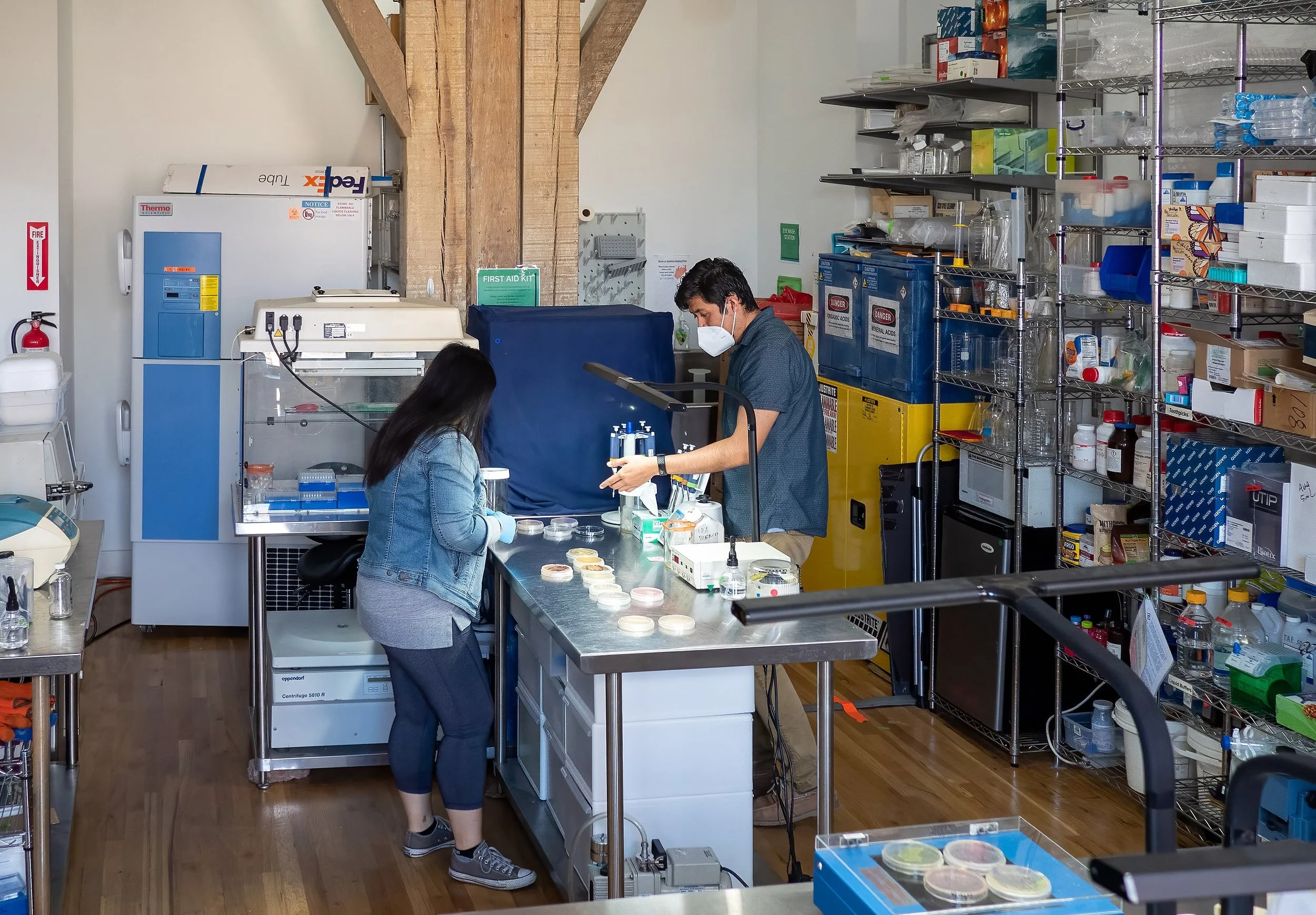
Our proposal for a National LABrary System
We must ensure biology is of, by, and for the people.
In our policy report, we lay out a vision for an American LABrary system and a new profession, LABrarians. We call on policymakers, funders, and community organizations to join together in making biology for everyone. Together, we can support policies that advance local biology infrastructure, fund community efforts advancing bioliteracy, and build LABraries across the United States of America.
What are LABraries?
A LABrary is a public space where individuals learn and innovate with biology. LABraries advance biology for everyone by amplifying local knowledge and offering safe, free opportunities to learn and explore.
Community biology lab in Seattle, WA (SoundBio)
Who are LABrarians?
Like librarians, LABrarians are professional educators, connectors, and safety specialists. LABrarians answer science questions, coordinate community workshops, and ensure all science done at LABraries is safe and secure.
LABraries from sea to shining sea
Benefits of LABraries
LABraries and LABrarians ensure everyone engages with biology safely and securely.
LABraries will:
-
LABraries puts science in the hands of the people. Grandparents, parents, and children will be able to participate in community-driven research for local and national benefit.
-
LABraries will inspire Americans to translate their local knowledge of plants, animals, and microbes into new innovations. LABraries can support local businesses, offer training for workers, and catalyze new inventions to address community concerns.
-
LABraries will be a trusted source for science knowledge in communities. A friendly face (LABrarians) will answer everyday science questions, host workshops, and mentor future scientists soothing fears surrounding science.
Entrepreneurs and artists collaborate on biotechnology projects at Genspace, a community biology lab in New York City.
A history of success
-
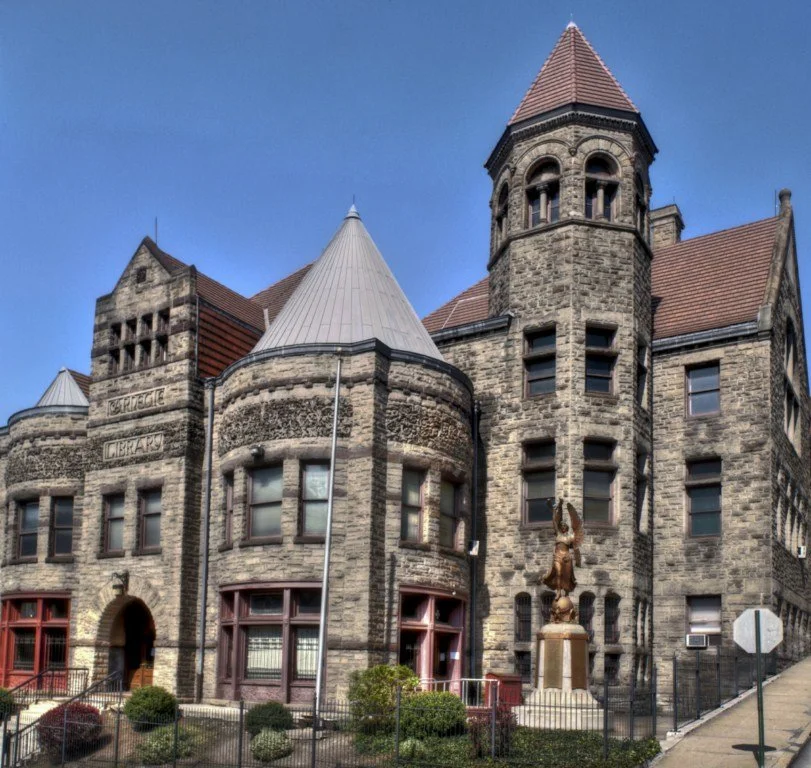
Public libraries
Andrew Carnegie’s philanthropy transformed civic life through the expansion of literacy in the early 20th century.
-
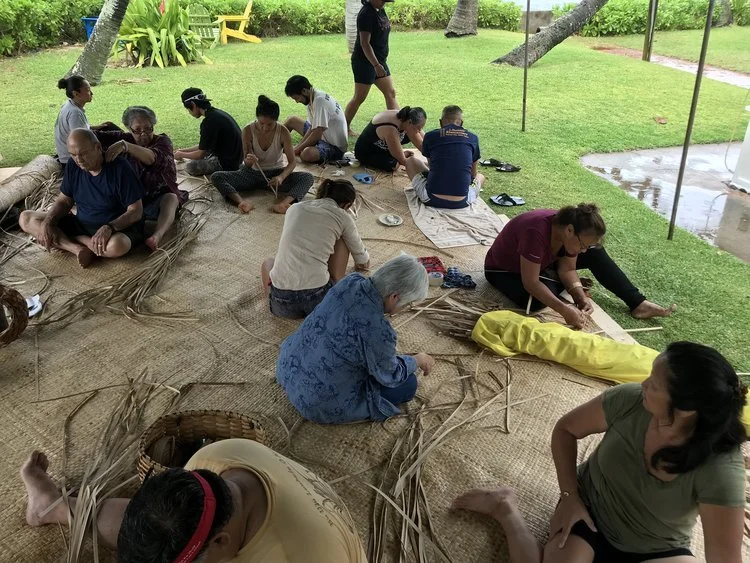
Nature based education
Across the United States, nature centers, community gardens, and cultural groups celebrate biology. These trusted community spaces foment bioliteracy to engage community in the biofuture.
-
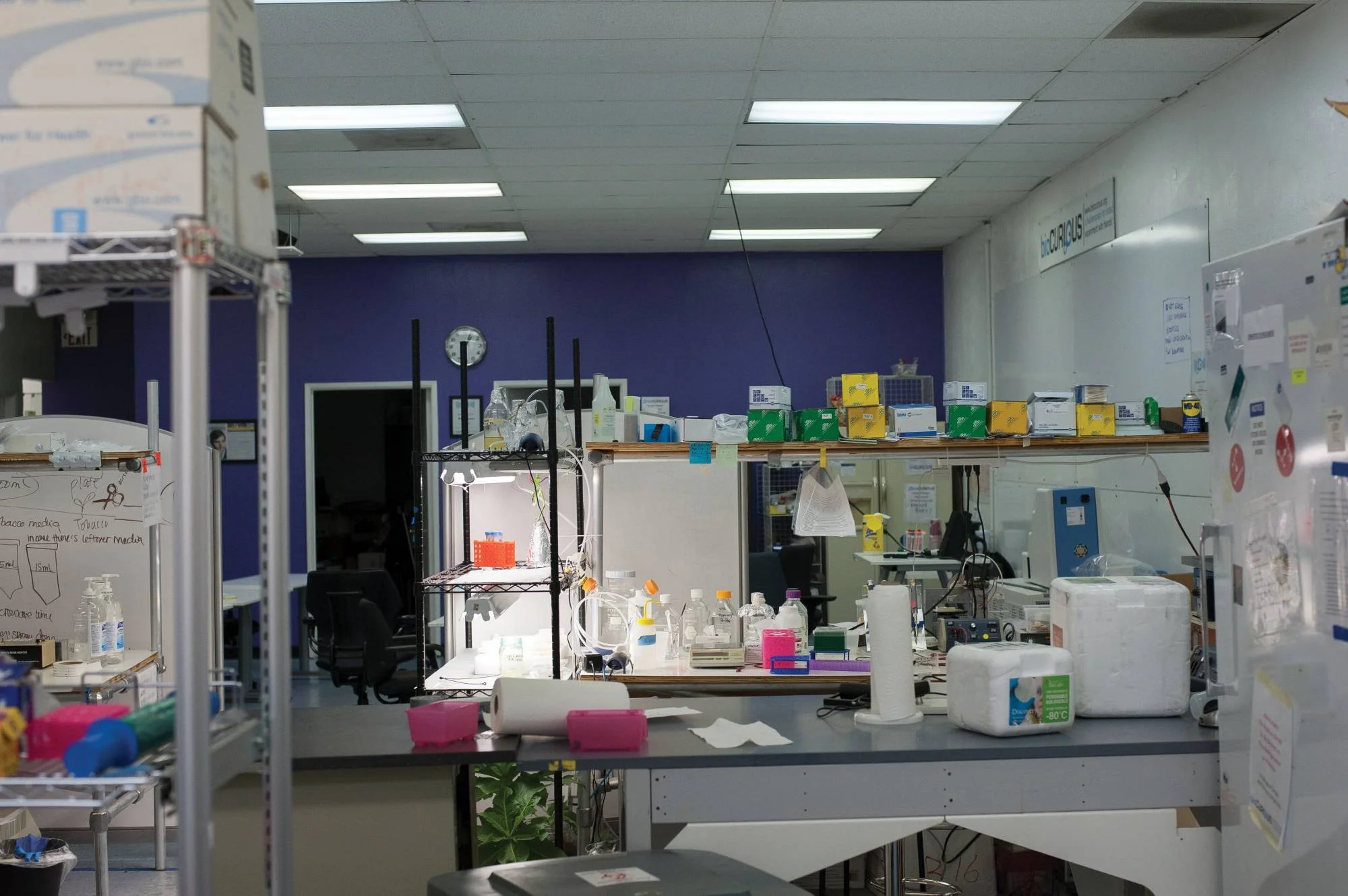
Maker spaces & community biology labs
Americans tinker and innovate locally at maker spaces and community bio labs. However, these spaces require continuous funding to support their operations.
Read the report
Read our short summary for policymakers and funders below.
The entire report (100+ pages) is available on the Stanford Digital Repository.
